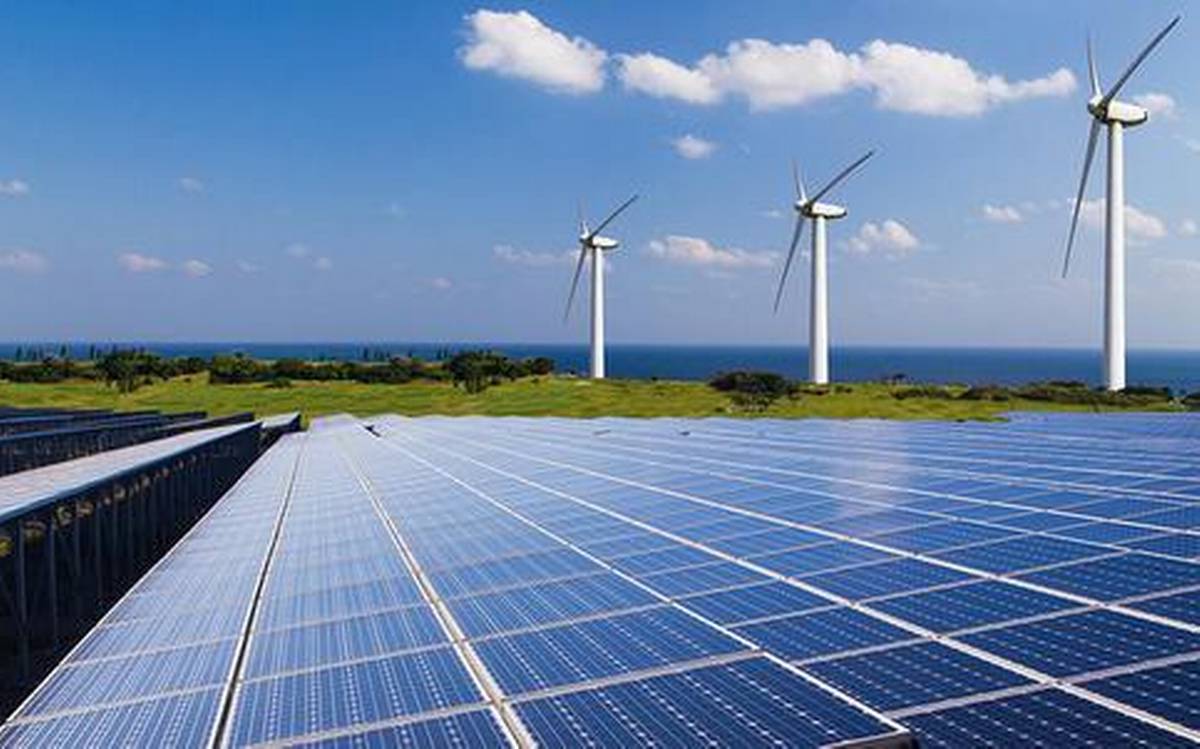With half of the economic growth dependent on nature, now is the time to restore it, environmental experts say.
Ventures in nature-based solutions must triple by 2030 and quadruple by 2050, a new report urges. It’s a warning of irreversible damage to economies, humanity and the planet if the state quo persists firm.
A new State of Finance for Nature Report warns that public and private investments must triple. From the current $133 billion to $350 billion, otherwise face a $4.1 trillion gap by 2050.
It’s doable; however, it is not being done, says Teresa Hartmann. She is one of the co-authors and the climate and nature lead at the World Economic Forum. She adds that if we take the existing financial flows, subsidies, recovery packages, tax revenues and redirect those. Then the goal is actually very achievable by 2030.
The UNEP (United Nations Environment Programme) and a few other institutes produce the State of Finance for Nature Report. These other organisations include the Economics of Land Degradation Initiative, the World Economic Forum (WEF), and Vivid Economics. Additionally, it is funded by the governments of Luxembourg and Germany.
The authors are urging political leaders and businesses to seize the opportunity presented by the COVID pandemic. Afterwards, by directing unprecedented levels of fiscal stimulus towards building back greener.
How much was allocated for green initiatives?
Of the total $14.6 trillion fiscal spending governments announced, only 2.5 per cent was allocated for green initiatives. The report found about 14 to 15 per cent of the spending was actually harmful to nature.
Half of the world’s gross product (GDP) is dependent on nature, the authors said. Moreover, nature reliant sectors like agriculture, food, beverages, construction generate an average of $8 trillion per year in gross value added.
It’s relatively easy to nudge companies into spending where you want them to through the right fiscal incentives. Hartmann said by giving the example of a government-imposed tariff barrier that incentivises the private sector. Motivating them to start doing business more sustainably.
Earlier this year, Switzerland signed a bilateral trade agreement with Indonesia. Also, it was to reduce import tariff on palm oil with the condition that the oil is produced sustainably. Indonesia is the world’s largest producer and exporter of palm oil.




